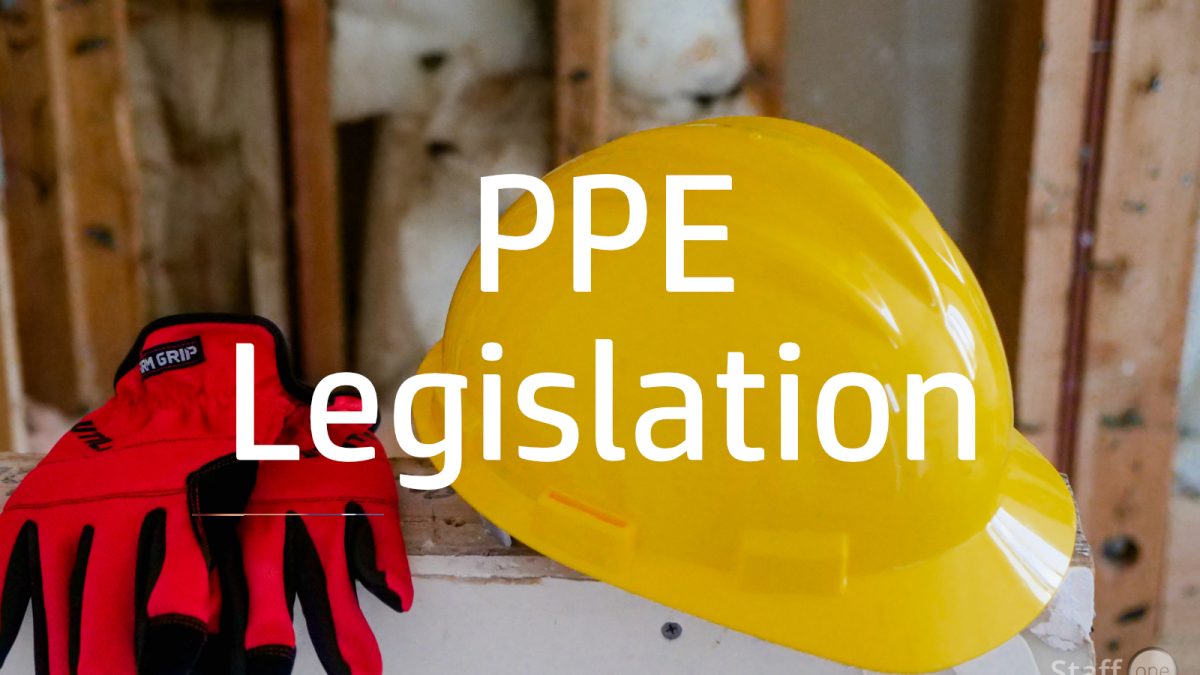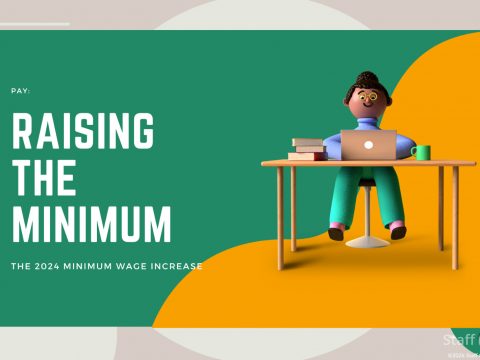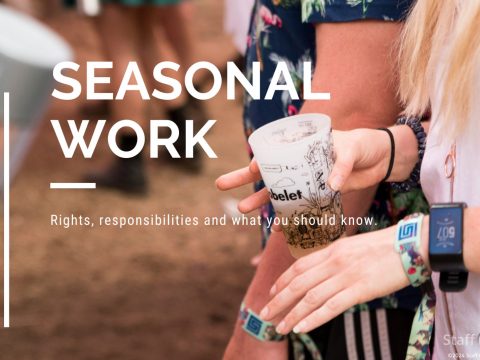- Contact us:
- 03300 535 600
- [email protected]

Restart Ready
March 29, 2022
Transforming Worker Transportation
June 20, 2022Changes to PPE Regulations Effective April 6, 2022:
Changes to the Personal Protective Equipment Regulations 1992 (PPER) took effect on April 6, 2022, and will be known as the Personal Protective Equipment Regulations 2022.
The goal of these PPE amendments is to broaden employers’ PPE responsibilities to include a larger definition of “worker” and force businesses to provide PPE free of charge to these workers.
As a result, the regulations now include those employees who:
- Have an employment contract – These are ’employees’ who are covered by Section 2 of the Health and Safety at Work Act 1974, as well as the existing PPE rules. There are no changes to the duties to employees under the amendments and so employers should continue to provide high-quality PPE in line with the risks identified within their risk assessments, free of charge.
- May not have a formalised contract of employment – The regulations now account for workers who may not have a formalised contract of employment and who are engaged in a more ‘casual’ way.

What do these PPE changes mean for you?
Put simply, the PPE regulation changes in PPER 2022 are centred around a definition of ‘worker’ that replaces the old term ’employee’ as used in the 1992 regulations.
This means that for people on a direct contract of employment, the employer’s responsibilities have not altered. However, due to revisions in the PPER 2022, more people may now fall into the category of ‘worker,’ and those contracting or engaging them to execute works on a personal basis may be compelled to provide personal protective equipment (PPE) and instruction on how to use it.
There is no necessity for the person contracting the work to provide PPE to people who are truly self-employed.
In summary, unless they are exempt, all workers (including employees and those previously classified as “casual” or similar words) must now be given with personal protective equipment (PPE) and instructed on how to use it, unless they are genuinely self employed.




